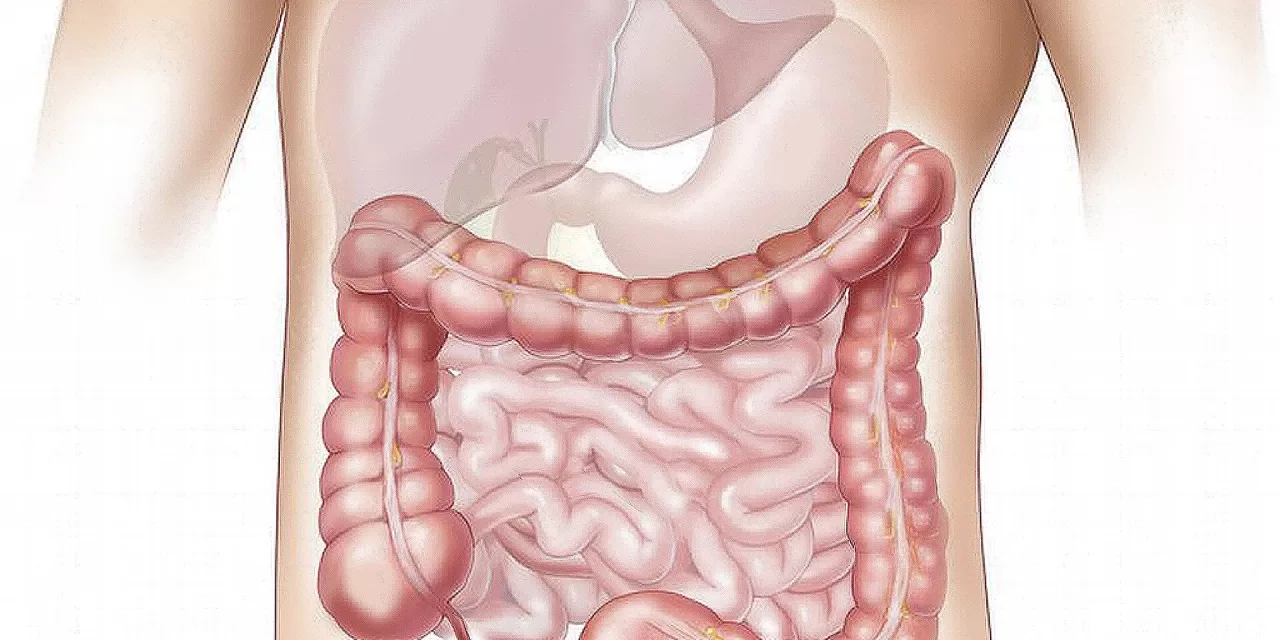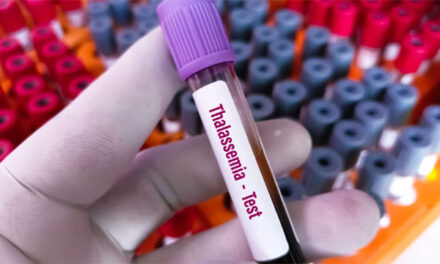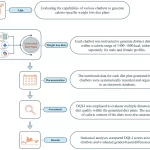A groundbreaking study from Aarhus University Hospital has revealed that fecal microbiota transplantation (FMT) may offer an effective and safe treatment for patients suffering from diabetic gastroenteropathy. The findings, published in the journal eClinicalMedicine, highlight the potential of FMT to alleviate debilitating symptoms in individuals with type 1 diabetes and gastrointestinal issues.
Diabetic gastroenteropathy, which affects up to 25% of individuals with type 1 diabetes, often leads to severe symptoms such as nausea, vomiting, bloating, and diarrhea. These symptoms are a result of nerve damage that affects intestinal motility and disrupts gut microbiota composition. Despite the substantial impact on quality of life, effective treatments for this condition remain scarce.
“The patients experienced a significant improvement in their quality of life and symptoms, far beyond what we observed with placebo. This is the first time FMT has been tested specifically in this patient group with placebo as a control. The results are very promising,” said Dr. Katrine Lundby Høyer, the study’s lead author. Høyer is a Ph.D. student at the Department of Clinical Medicine, Aarhus University, and an MD at the Department of Hepatology and Gastroenterology, Aarhus University Hospital.
The study involved 20 patients, who were randomly assigned to receive either a single dose of capsules containing donor feces or a placebo. After four weeks, all participants received donor feces. The results demonstrated notable improvements in both symptom severity and quality of life for those who received FMT:
- Symptom Reduction: The Gastrointestinal Symptom Rating Scale (GSRS-IBS) scores for FMT patients dropped from 58 to 35, while the placebo group saw a modest reduction from 64 to 56.
- Improved Quality of Life: The Irritable Bowel Syndrome Impact Scale (IBS-IS) for FMT patients rose from 108 to 140, whereas the placebo group saw an increase from 77 to 92.
- Side Effects: Side effects in the FMT group were mild and transient, including diarrhea, bloating, and abdominal pain. No severe side effects were reported.
While FMT has already demonstrated its effectiveness in treating Clostridioides difficile infections, this marks the first time the method has been tested for diabetic gastroenteropathy. The study offers hope for a patient group with limited treatment options.
“For some patients, this treatment means they can regain control over their daily lives. The method has great potential, and we hope to replicate the study on a larger scale to ensure more patients can benefit,” said Høyer.
This study represents a significant step forward in treating diabetic gastroenteropathy, but researchers caution that further studies are needed to explore the long-term effects and determine which patients are most likely to benefit from the treatment.
Professor Klaus Krogh, Chief Physician at the Department of Hepatology and Gastroenterology, expressed optimism about the findings: “We now need to investigate how the treatment can be implemented more broadly and ensure it becomes accessible to patients with the greatest need.”
The collaborative efforts across various professional and geographical units have been instrumental in the success of the study. Krogh, who has worked with Steno Diabetes Center Aarhus, is hopeful for further research in the years to come, which could bring this promising treatment to more patients.
For more information:
Lundby Høyer, K., et al. “Faecal microbiota transplantation for patients with diabetes type 1 and severe gastrointestinal neuropathy (FADIGAS): A randomised, double-blinded, placebo-controlled trial,” eClinicalMedicine (2024). DOI: 10.1016/j.eclinm.2024.103000











